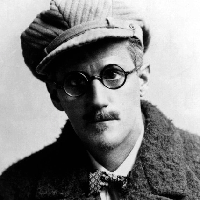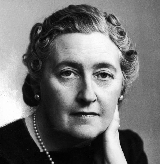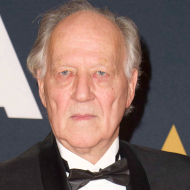James Joyce tipo di personalità MBTI
Personalità
"Che tipo di personalità è James Joyce? James Joyce è un tipo di personalità INFJ in mbti, 5w4 - sx/sp - 548 in enneagram, RCUEI in big 5, IEI in socionics."
I’ve said this in other MBTI analyses and I’ll say it again: Ni often looks like Ne when it isn’t properly understood. Take any random excerpt from Ulysses or Finnegans Wake out of context and you’ll be forgiven for thinking it’s just random Ne associations. But take his work as a whole and it paints a vastly different picture. Joyce was a dedicated Ni visionary. He specifically wanted to create a work that would never stop being analyzed. He wanted his books to be more than just books, but anthropological artifacts on the level of Shakespeare, Dante, Homer, Greek mythology, and even the Bible. In Ulysses, his writing is dense with allusions to overarching concepts and histories that stretch back to the dawn of human history, placing his mundane main character in the center of it all. There’s not a single sentence that doesn’t support this vision in some way. He also literally wanted Ulysses to depict Dublin so comprehensively that it could be rebuilt “brick by brick” using just his book, if his city were to be destroyed by the British. His vision for that includes not just places and faces, but subconscious associations. Feelings, spiritual meanings, grand historical narratives. Everything, but with a focus. (Oh, and he didn’t even live in Dublin while he was writing it! It was all from memory and obsessive research.) Joyce could be arrogant and egotistical, fully convinced of his own genius, and my second guess for him would be INTJ. But a Te user wouldn’t spend decades dillydallying and living off others’ sponsorship. Joyce’s Fe is visible in his strong sense of duty to represent the people of Ireland, and his steadfast belief in the greatness of the common man (Fe-Se). He wanted no less than to elevate Ireland itself into a major literary force in the world. Dubliners and Portrait show much stronger Fe throughout, demonstrating empathy towards those oppressed by the British and those corrupted by religion and miseducation. They are a sort of defense of the Irish way of life and all its values, showing a deep love for Irish culture in the context of world history. His Fe is also used for his extremely vivid observations of people, the cadence of the way they talk and think, the way people can use words to say many things at once. His later work, meanwhile, screams Ni-Ti tunnel vision. An Ne user would not spend nearly two decades perfecting a single project—at least not without working on other simultaneous projects. But Joyce spent 17 years on Finnegans Wake and nothing else, a book most people still consider impenetrable. His refusal to compromise his vision nearly cost him his livelihood and reputation, but he stood his ground, believing his vision would benefit all of humanity in the end. He insisted every single word placement is intentional and that nothing is random. If that’s not an Ni-Ti loop, idk what is. Ne is like kudzu. It sprawls and explores but generally lacks a center, which it would find constraining. Ni is more like a willow tree: it sprawls and spreads too, but remains firmly rooted, containing a whole microcosm under its umbrella. Ni has a lifelong mission, a subjective order of meaning it regards as an objective observation, but often you have to zoom out to see the whole picture.
Biografia
James Augustine Aloysius Joyce (2 February 1882 – 13 January 1941) was an Irish novelist, short story writer, and poet. He contributed to the modernist avant-garde and is regarded as one of the most influential and important authors of the 20th century. Joyce is best known for Ulysses (1922), a landmark work in which the episodes of Homer's Odyssey are paralleled in a variety of literary styles, perhaps most prominently stream of consciousness.
Personalità correlate
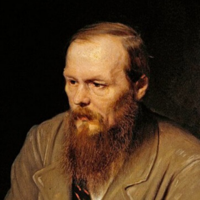
Fyodor Dostoevsky
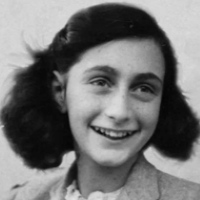
Anne Frank
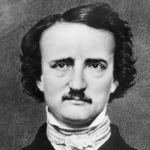
Edgar Allan Poe

William Shakespeare
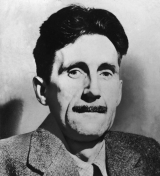
George Orwell
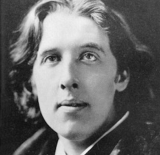
Oscar Wilde
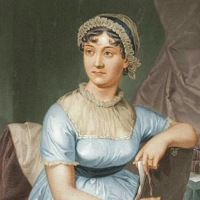
Jane Austen
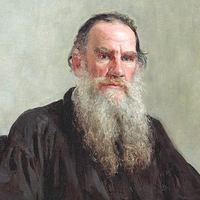
Leo Tolstoy (Лев Толсто́й)
